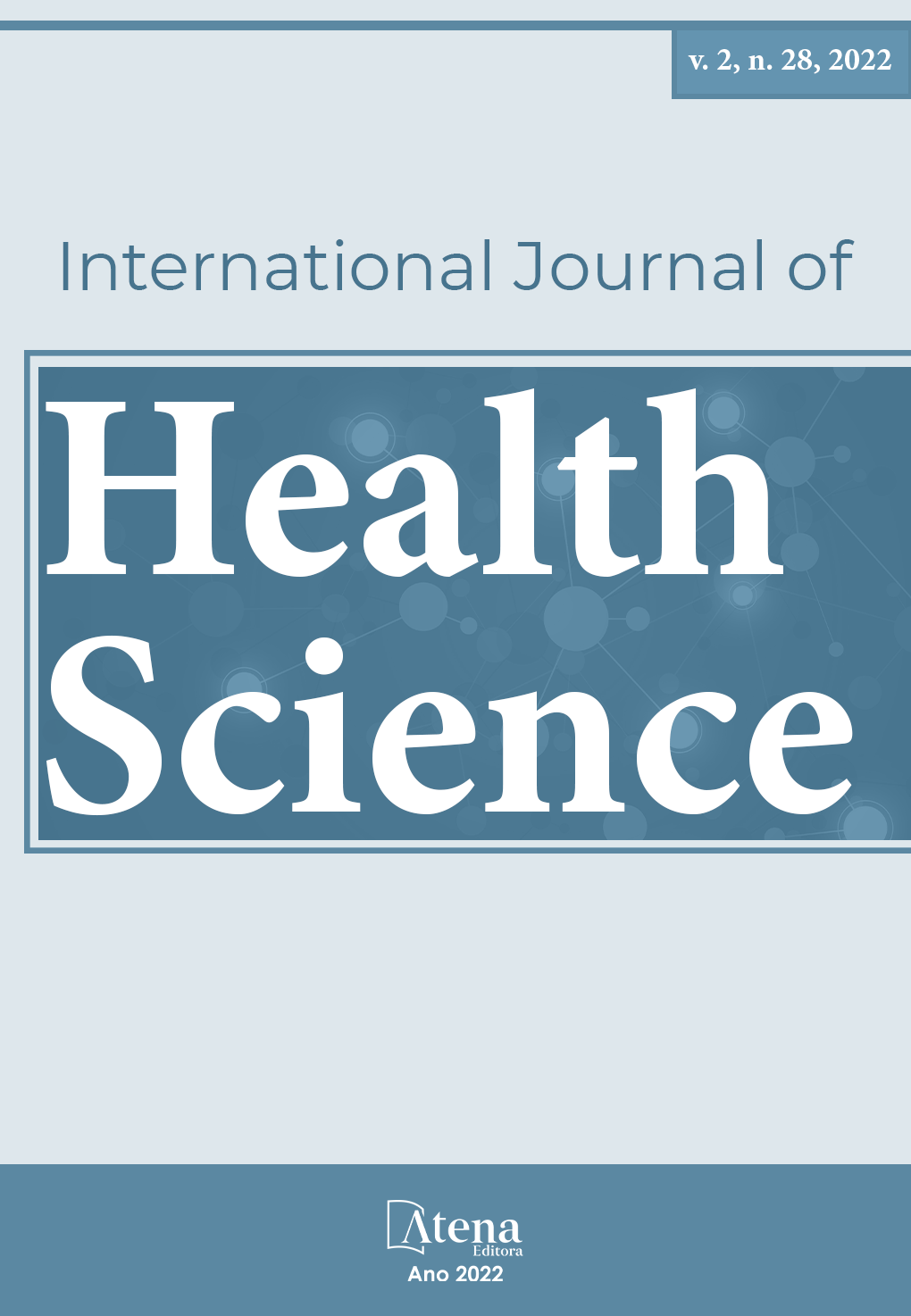
NEUROPSYCHIATRIC COMPLICATIONS AFTER COVID-19 INFECTION AND IMPLICATIONS FOR CLINICAL PRACTICE: REPORT OF TWO CASES
INTRODUCTION: The pandemic of the new Corona Virus (SARS-CoV-2) has become a stressor factor in daily life worldwide, showing its deleterious influence on the mental and physical health of a large part of the population, through two effects of infection in the human body, um biopsychosocial being. Beforehand, or this article reports two clinical cases of infection that progressed with neuropsychiatric alterations, evolving with a manic picture of presumed organic basis. CASE REPORT: Case 1: Patient, 38 years old, was taken to hospital after 2 days of positive test for SARS-CoV 2, presenting episodes of paresthesia and muscle weakness. MRI evidenced diffuse ischemic areas, being carried out successive therapies with corticosteroids, anticoagulation and immunobiological. Next, she presents with persistent mental status alterations such as racing thoughts and grandiose content logorrhea, increased libido, and expansive and hostile moods. Case 2: patient, 56 years old, RT-PCR positive for COVID-19, without alterations in neuroimaging tests, treated with Dexamethasone, Azithromycin and Dipyrone. She evolved with behavioral and mood alterations and mystical-religious delusions. After therapy with antipsychotics and mood stabilizers, patients evolved with gradual improvement in two symptoms. DISCUSSION: Association of neuropsychiatric symptoms present in 22.5% of two patients infected with COVID-19 was demonstrated. The most common neurological manifestations include headaches and sound disorders, as well as encephalopathy. The psychiatric manifestations include anxiety and other related disorders. Two main pathophysiological mechanisms have been described: (a) direct brain injury due to the virus and/or (b) secondary injury to the immune response to the virus; além gives possibility of adverse neuropsychiatric effects related to the treatment for the condition. CONCLUSION: It is assumed that the viral infection by SARS-CoV-2 and the medication treatment may be associated with the neuropsychiatric manifestations evidenced in the reported cases. It is uncertain that two symptoms will recur in the long term, or that requires further investigation and clinical follow-up.
NEUROPSYCHIATRIC COMPLICATIONS AFTER COVID-19 INFECTION AND IMPLICATIONS FOR CLINICAL PRACTICE: REPORT OF TWO CASES
-
DOI: 10.22533/at.ed.1592282207062
-
Palavras-chave: COVID-19, Neurobehavioral manifestations, Neuropsychiatry.
-
Keywords: COVID-19, Neurobehavioral manifestations, Neuropsychiatry.
-
Abstract:
INTRODUCTION: The pandemic of the new Corona Virus (SARS-CoV-2) has become a stressor factor in daily life worldwide, showing its deleterious influence on the mental and physical health of a large part of the population, through two effects of infection in the human body, um biopsychosocial being. Beforehand, or this article reports two clinical cases of infection that progressed with neuropsychiatric alterations, evolving with a manic picture of presumed organic basis. CASE REPORT: Case 1: Patient, 38 years old, was taken to hospital after 2 days of positive test for SARS-CoV 2, presenting episodes of paresthesia and muscle weakness. MRI evidenced diffuse ischemic areas, being carried out successive therapies with corticosteroids, anticoagulation and immunobiological. Next, she presents with persistent mental status alterations such as racing thoughts and grandiose content logorrhea, increased libido, and expansive and hostile moods. Case 2: patient, 56 years old, RT-PCR positive for COVID-19, without alterations in neuroimaging tests, treated with Dexamethasone, Azithromycin and Dipyrone. She evolved with behavioral and mood alterations and mystical-religious delusions. After therapy with antipsychotics and mood stabilizers, patients evolved with gradual improvement in two symptoms. DISCUSSION: Association of neuropsychiatric symptoms present in 22.5% of two patients infected with COVID-19 was demonstrated. The most common neurological manifestations include headaches and sound disorders, as well as encephalopathy. The psychiatric manifestations include anxiety and other related disorders. Two main pathophysiological mechanisms have been described: (a) direct brain injury due to the virus and/or (b) secondary injury to the immune response to the virus; além gives possibility of adverse neuropsychiatric effects related to the treatment for the condition. CONCLUSION: It is assumed that the viral infection by SARS-CoV-2 and the medication treatment may be associated with the neuropsychiatric manifestations evidenced in the reported cases. It is uncertain that two symptoms will recur in the long term, or that requires further investigation and clinical follow-up.
-
Número de páginas: 11
- Helena Pinho de Sá
- Tássia Mayara Rodrigues Cardoso Rollemberg
- Maria Natália da Silva Montalvão
- Natália Palazoni Viegas Mendonça
- Bianca Mendonça Andrade
- Bárbara Palazoni Viegas Mendonça
- Lis Campos Ferreira
- Vitória Palazoni Viegas Mendonça


